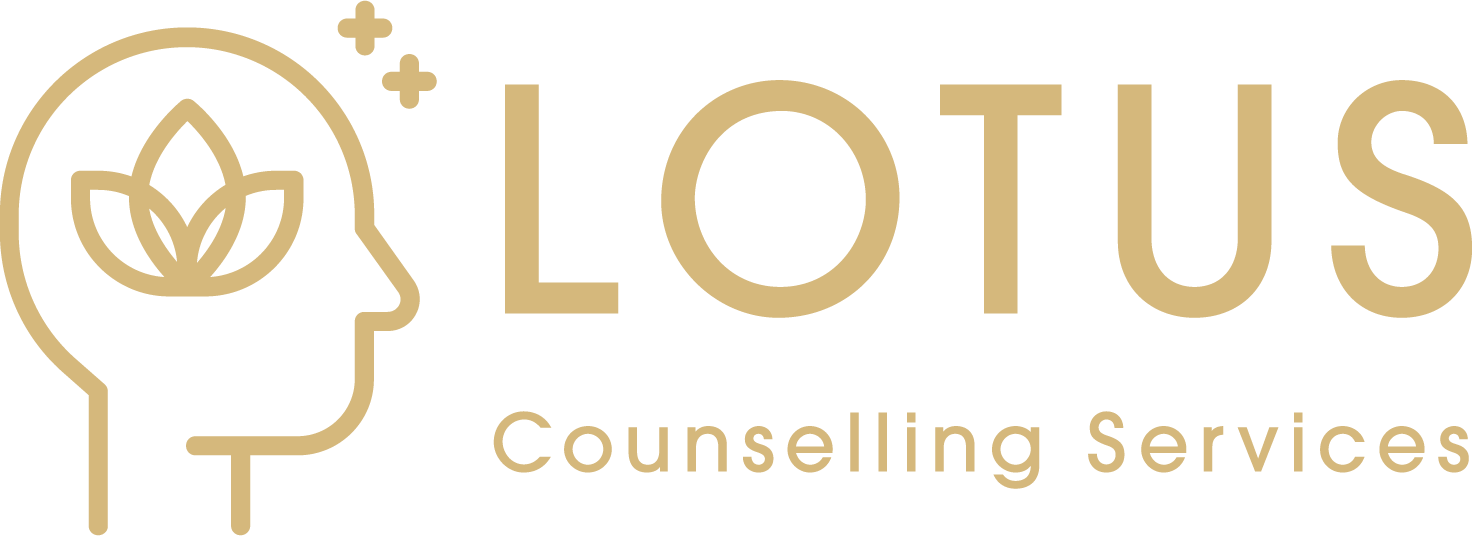Cannabis, Alcohol, and Mental Health: What You Need to Know
Cannabis and alcohol are two of the most commonly used psychoactive substances in Canada. Many people use them socially or recreationally —but their effects on one’s mental health are complex, person-dependent, and in some cases harmful.
At Lotus Counselling, clients often ask: “Is my use making my anxiety worse?” or “Can cannabis trigger depression or psychosis?” In this post, we’ll dig into what the latest research says so you can make informed choices and know when to reach out for help.
Cannabis and Mental Health: What the Science Shows
Short-Term Effects & Mechanisms
THC and dopamine: The primary psychoactive compound in cannabis, THC, increases dopamine release in the brain’s reward circuits. This can produce pleasurable effects, but also reinforces repeated use. Government of Canada+1
Anxiety / Paranoia: At lower doses, cannabis may feel relaxing. But higher-THC products often provoke anxiety, paranoia, or panic attacks—especially in new users or those predisposed to anxiety disorders. Addictions, Drug & Alcohol Institute+2Government of Canada+2
Cognitive effects: Short-term use can impair attention, memory encoding, verbal fluency, and decision-making—effects that may last several hours after use. Psychiatry Online+3Government of Canada+3Government of Canada+3
Long-Term Risks & Associations
Increased risk of psychosis and schizophrenia: Numerous studies show a dose-dependent relationship between heavy cannabis use and increased risk of psychosis, particularly in youth. Regular users are more likely to develop symptoms earlier and have poorer clinical outcomes. PMC+2Psychiatry Online+2
Mood disorders, anxiety, depression: Frequent, daily or near-daily cannabis use is associated with higher rates of anxiety, depression, and lower motivation or anhedonia (loss of interest). However, causality is difficult to prove because mental health issues also predispose people to use cannabis. Expert Advice Hub+4Government of Canada+4PMC+4
Cognitive decline / brain function changes: Some studies suggest that heavy, long-term use—especially when onset is in adolescence—may lead to lasting changes in cognition and IQ (especially in memory or executive function). American Psychological Association+2Psychiatry Online+2
Dependency / cannabis use disorder (CUD): It’s estimated that about 9% of people who experiment with cannabis may develop dependence. Withdrawal symptoms can include irritability, sleep troubles, cravings, and mood disturbances. Government of Canada+3PMC+3Government of Canada+3
Vulnerable Groups & Moderators
Adolescents/young adults: Their brains are still developing, making them more susceptible to negative effects on cognition and increased risk of psychiatric outcomes. Psychiatry Online+2Government of Canada+2
Family or personal history of mental illness: People with a history of psychosis, schizophrenia, or even bipolar conditions are at heightened risk when using cannabis. Psychiatry Online+2PMC+2
Type, potency, frequency: High-THC, high-potency cannabis products pose greater risk. Some research suggests CBD may partly counteract THC’s effects, but the evidence is still emergent and inconsistent. Psychiatry Online+1
Alcohol and Mental Health: Evidence & Impacts
Prevalence & Risk Levels
Widespread use: Alcohol remains one of the most commonly used substances in Canada. In 2017, about 78% of Canadians aged 15 and older reported past-year alcohol use. CCSA+1
Risky consumption: Approximately 15% of Canadians who drink consume above Canada’s low-risk drinking guidelines.
Lifetime prevalence of Alcohol Use Disorder (AUD): As many as 18% of Canadians ages 15+ are estimated to experience AUD at some point.
Mental Health Associations
Depression and Anxiety: There is strong evidence linking heavy alcohol consumption, and AUD, with depression, anxiety, and suicidal ideation. Some longitudinal studies suggest that alcohol use can predate the onset of mood disorders. CCSA
Emotional dysregulation & mood swings: Because alcohol is a depressant, its aftereffects often include rebound anxiety and mood drops. It impairs regulation of stress hormones. CCSA
Sleep disturbance: Even moderate amounts of alcohol can disrupt REM sleep and result in poor sleep quality—this in turn exacerbates mood and cognitive symptoms. CCSA
Brain health & neurotoxicity: Chronic heavy drinking is neurotoxic and can cause structural and functional brain changes (e.g., shrinkage in certain brain regions). CCSA
Societal Costs & Broader Impacts
Healthcare & social burden: Alcohol contributes heavily to Canada’s burden of illness and cost to public systems (healthcare, productivity, criminal justice). CCSA+1
Guidelines & harm reduction: Canada’s new Guidance on Alcohol and Health emphasizes that “drinking less is better”, and outlines risk zones for weekly consumption to reduce the chance of harms. CCSA
How Substance Use & Mental Health Interact
Many clients at Lotus Counselling struggle with using substances to self-medicate emotional pain or anxiety. But this strategy often backfires and leads to a cycle of worsening mental health.
Cycle illustration:
Anxiety or mood distress →
Use cannabis or alcohol to cope →
Temporary relief (or perceived relief) →
Withdrawal, rebound effects, increased symptoms →
Increased substance use to re-regulate →
Risk of dependency or worsening mental health
In the beginning, the substance can feel like a solution but over time, the substance becomes the problem that disguises itself as a solution. Sometimes being aware of the cycle is the very first step in breaking it.
What Lotus Counselling Offers: An Integrated Approach
At Lotus Counselling, we don’t treat substance use and mental health separately — we view them as interconnected. Our services include:
Addictions therapy (Waterdown / Hamilton): using evidence-based modalities like CBT, Motivational Interviewing, and Relapse Prevention.
Mental health therapy (anxiety, depression, OCD, etc.): to build healthy coping, emotion regulation, and resilience.
Specialized assessments & screening: for substance use patterns, severity, and how they interact with mental health symptoms.
Group supports / psychoeducation: to help clients understand the link between substances and mental health and learn peer strategies.
If you're concerned about your use of cannabis or alcohol—and how it’s affecting your mood, anxiety, or day-to-day functioning—you don’t have to face it alone.
👉 Book a consultation with Lotus Counselling today to talk through your concerns and create a more balanced path forward.
